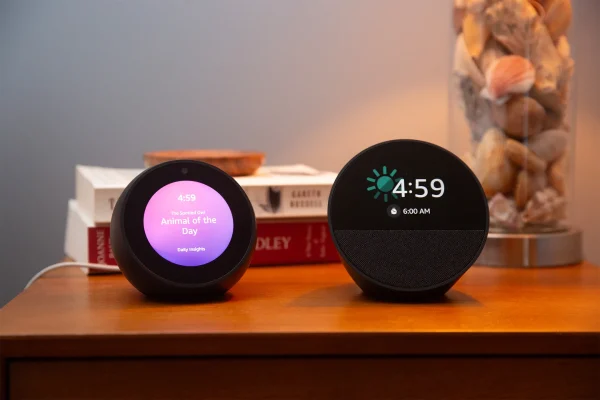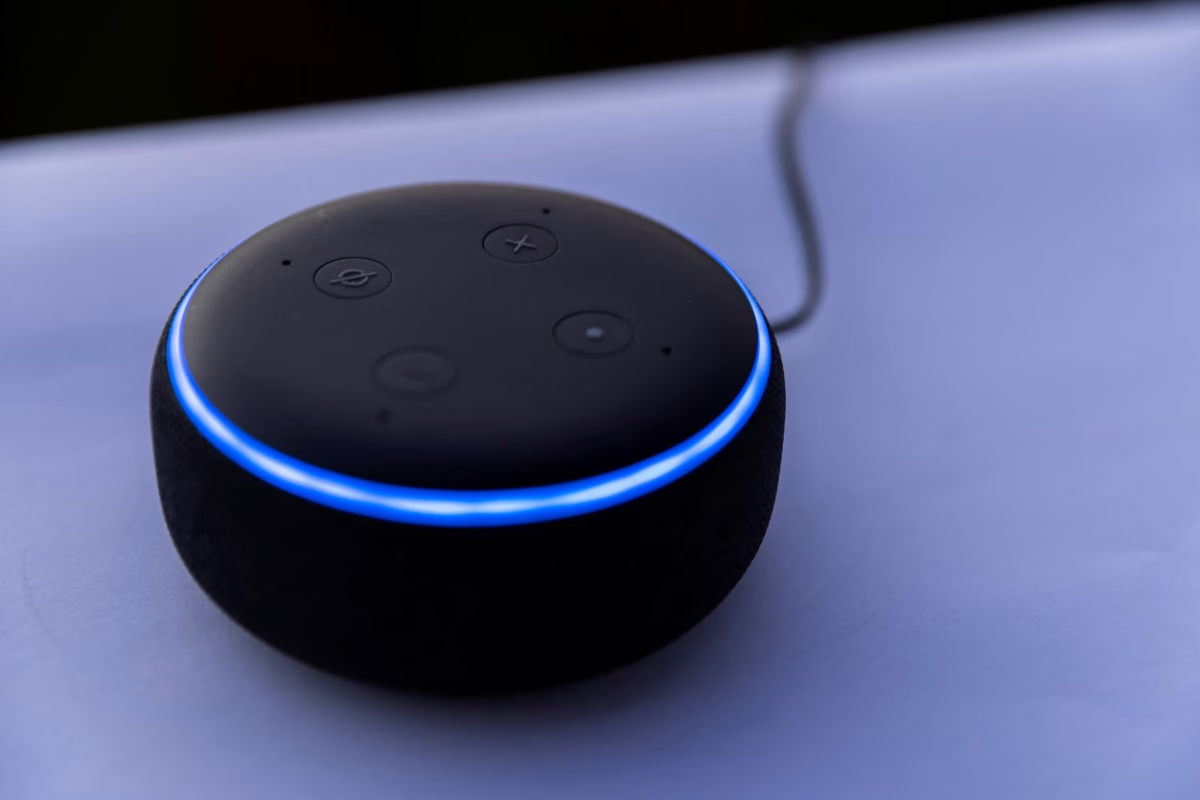With time comes innovation. This is especially true for Amazon’s Alexa, a symbol of technological advancement. Its new functions include the ability to respond with humor, assist with ordering meals, and help users purchase concert tickets. Given the growing trend of AI revolutionizing nearly all areas, Amazon is betting that this technology will drive sales. However, sales of Alexa devices have stagnated, according to Consumer Intelligence Research Partners.
Do you agree with this? Have you been using Alexa less frequently for its primary functions—setting timers and alarms, playing music, and checking the weather? These were the main tasks that Karen Weise, a New York Times reporter, highlighted in her article on Alexa.
Despite its many advantages, the process of developing ChatGPT was lengthy and complex. Yet, ChatGPT is increasingly becoming an integral part of our lives—almost like a modern-day “servant.” In the 1700s, convenience also came at a cost: sugar plantations flourished, silver fueled global trade, and wealth poured into Europe—at the expense of enslaved people. The parallels between ChatGPT and historical slavery are worth considering. Slavery made life easier for Europeans while leaving blood on their hands. Similarly, ChatGPT simplifies tasks but comes with risks—bias, misinformation, and ethical concerns. The New York Times has even sued OpenAI, ChatGPT’s parent company, for alleged copyright infringement related to news content.

The intersection between the humanities, sciences, and AI is particularly relevant. Amazon’s director of devices, Panos Panay, claimed that ChatGPT will make people “fall in love with it pretty quickly.” Its appeal is undeniable—many will appreciate the convenience of ordering tickets on Ticketmaster or hearing AI-generated humor. But at what cost? With technological innovations emerging rapidly, how can society establish proper boundaries? Using ChatGPT for work may introduce bias. Should society reluctantly accept this tradeoff, prioritizing convenience over ethical concerns? Should we delegate mundane tasks to AI, even if it means displacing human workers?
One undeniable strength of ChatGPT lies in its scientific and mathematical capabilities. Answers to such queries are clear-cut and objective—no one disputes that the sum of the squares of a right triangle’s legs equals the square of the hypotenuse. However, assuming that most users rely on ChatGPT for scientific inquiries would be generous. Amazon is marketing its new Alexa as a task-oriented assistant rather than a generator of chemical formulas, positioning it at the intersection of technology and the humanities. The question remains: should humans relinquish control over daily life to AI?
Jobs such as grocery store clerks may decline, but the consequences go beyond employment. With AI’s increasing influence, are we also witnessing the decline of human morality and ethics?
View the original article published by the New York Times here: https://www.nytimes.com/2025/02/26/technology/amazon-alexa-plus-generative-ai.html.







